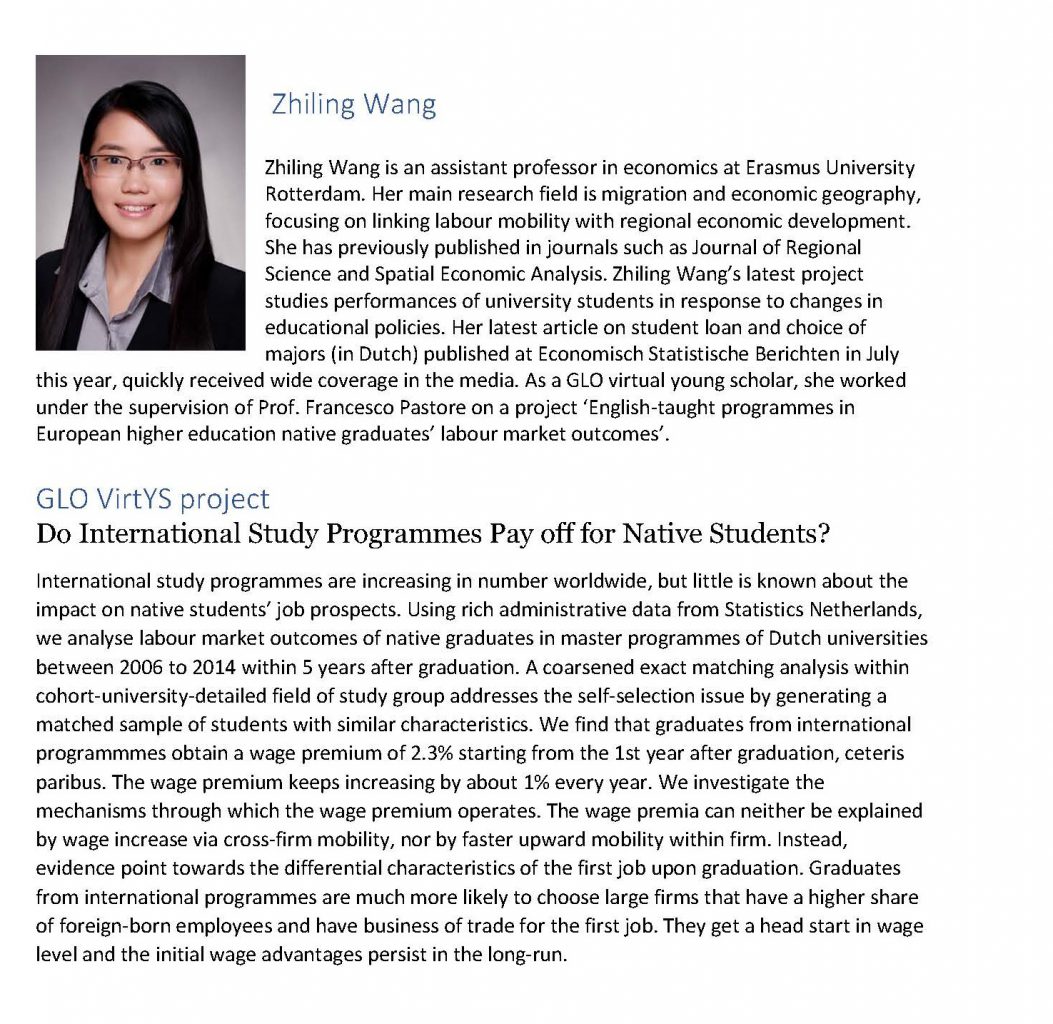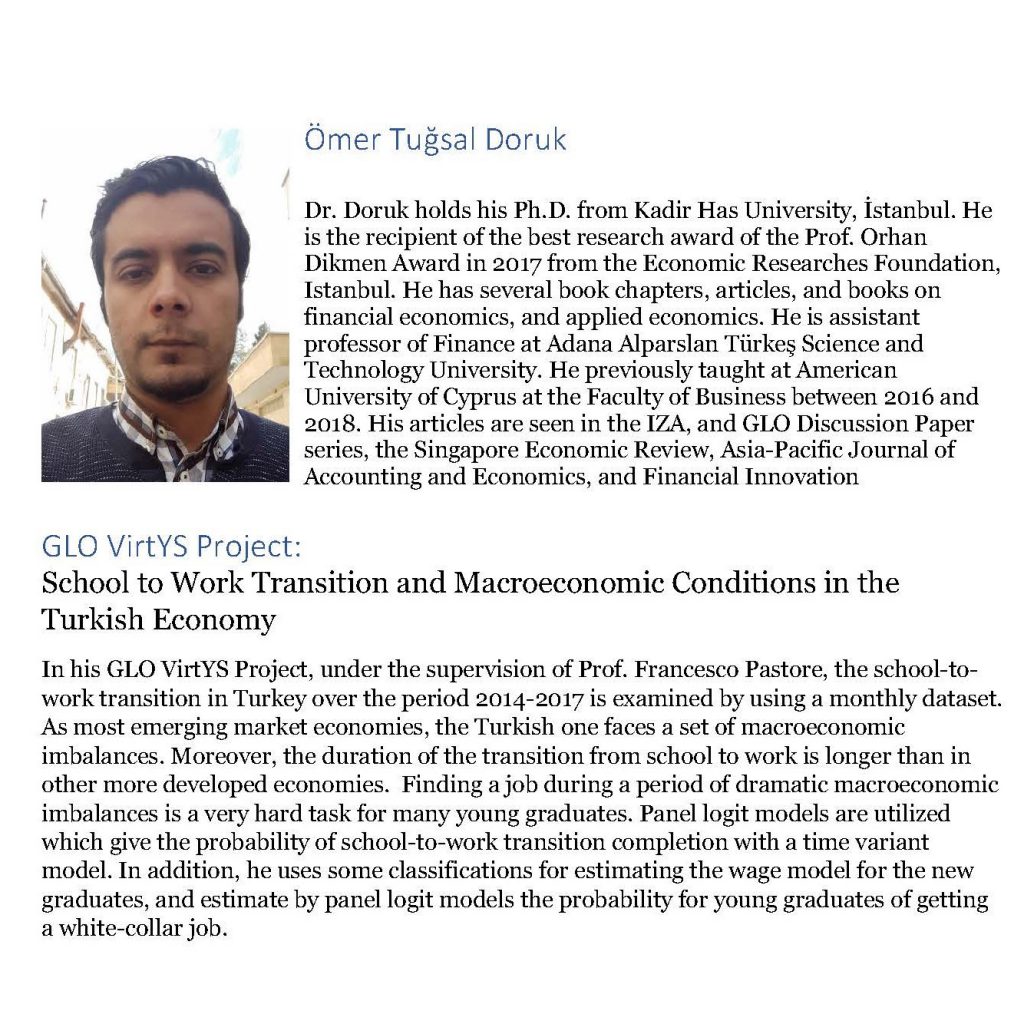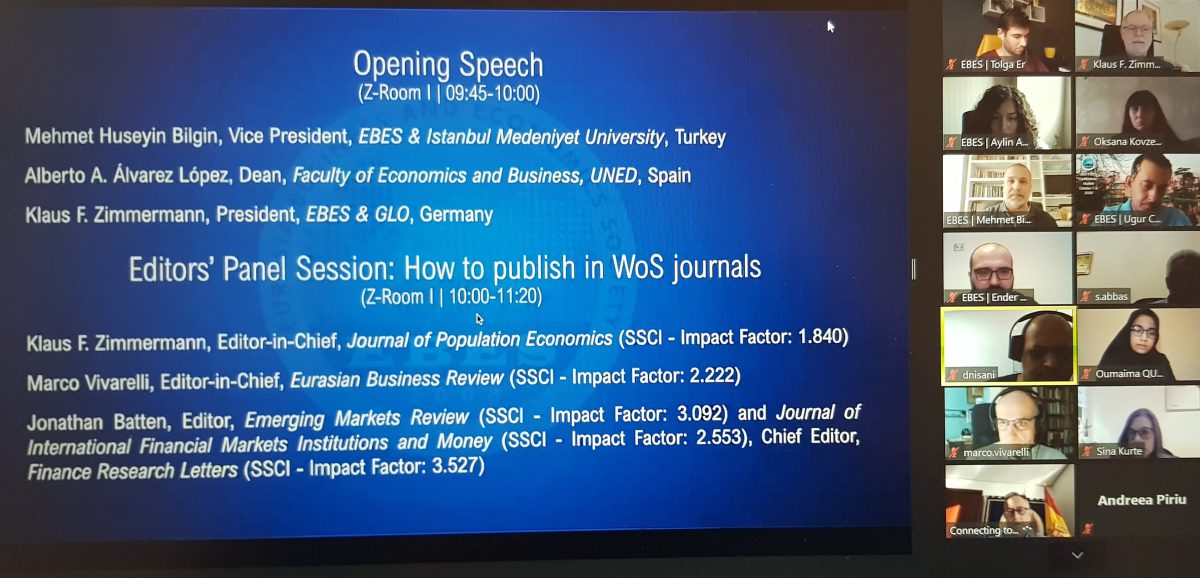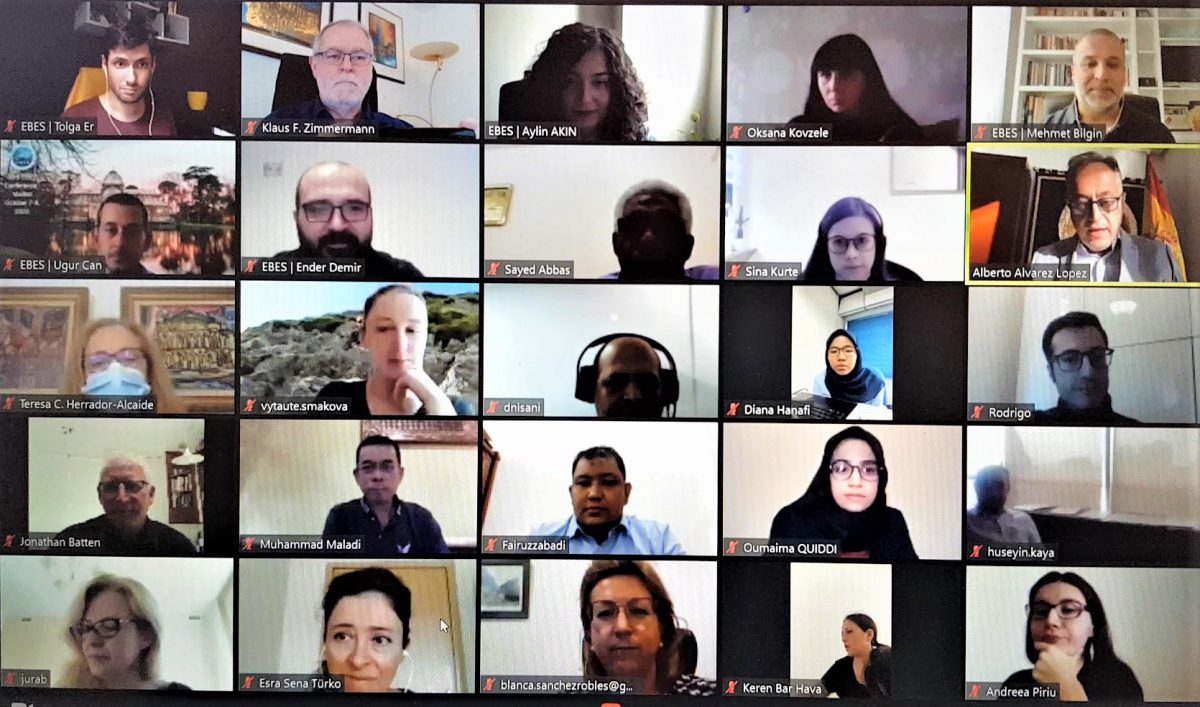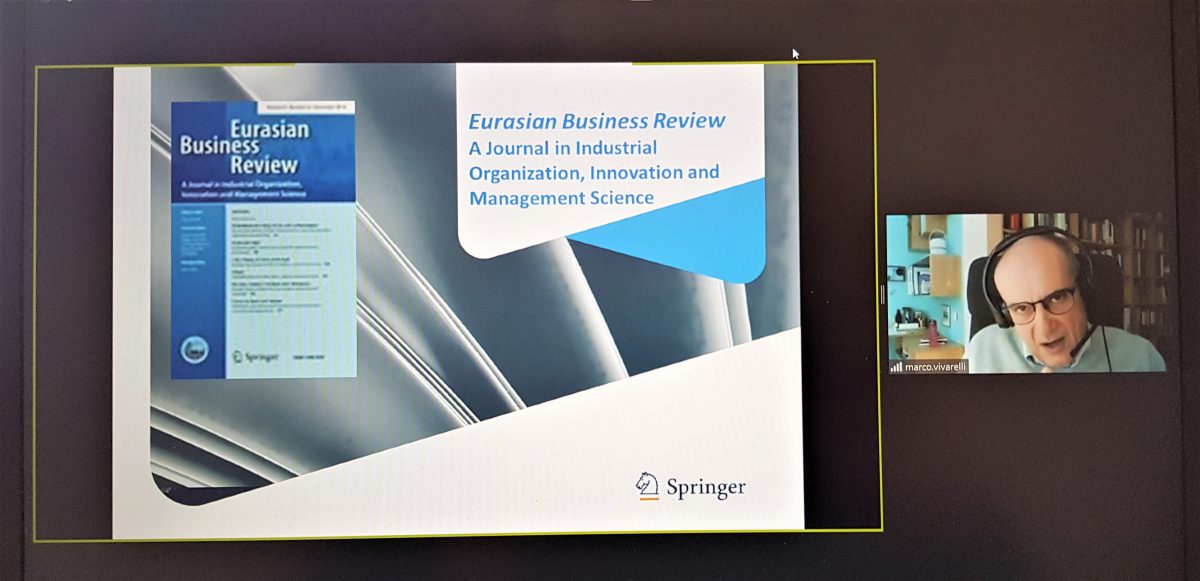A new GLO Discussion Paper finds a significant contribution of foreign capital on the accumulated growth of GDP over the period of analysis in Spain.
The Global Labor Organization (GLO) is an independent, non-partisan and non-governmental organization that functions as an international network and virtual platform to stimulate global research, debate and collaboration.

GLO Discussion Paper No. 676, 2020
The role of foreign direct investment in growth: Spain, 1964-2013 – Download PDF
by Bajo-Rubio, Oscar
GLO Fellow Oscar Bajo-Rubio
Author Abstract: Foreign direct investment (FDI) has played a major role in the deep process of transformation experienced by the Spanish economy since the first 1960s, which even intensified following the integration with the now European Union (EU) in 1986. In this paper, we analyse the long-run effects of FDI in Spain, by estimating a production function including the foreign capital stock over the period 1964-2013. We find a significant contribution of foreign capital on the accumulated growth of GDP over the period of analysis, which seems however to have been greater during the first years of the period analysed.

GLO Discussion Papers are research and policy papers of the GLO Network which are widely circulated to encourage discussion. Provided in cooperation with EconStor, a service of the ZBW – Leibniz Information Centre for Economics, GLO Discussion Papers are among others listed in RePEc (see IDEAS, EconPapers). Complete list of all GLO DPs – downloadable for free.
Ends;








